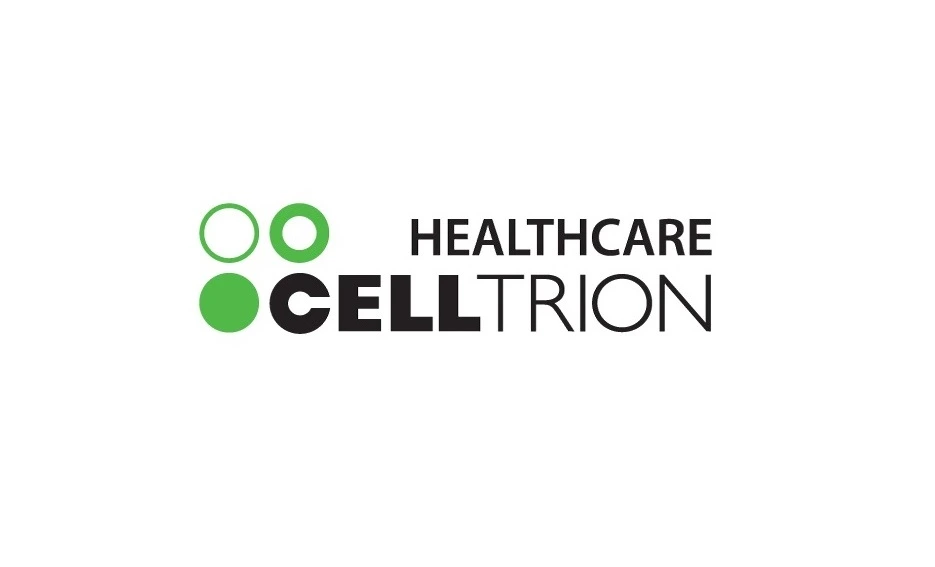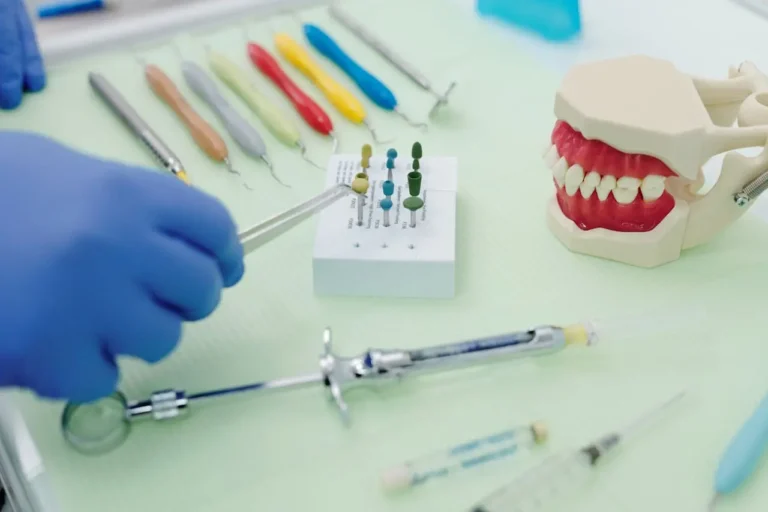
Celltrion Presents New LIBERTY Study Analyses at ECCO Congress on SC Infliximab Efficacy and Safety
Celltrion presented new post hoc analyses of its pivotal LIBERTY studies (LIBERTY-CD and LIBERTY-UC) at the 20th European Crohn’s and Colitis Organisation (ECCO) Congress, shedding light on the treatment efficacy of subcutaneous (SC) infliximab (CT-P13 SC) in inflammatory bowel disease (IBD). These analyses focused on a range of clinical outcomes, such as achieving endoscopic-histologic remission in ulcerative colitis (UC), and clinical and endoscopic improvements across Crohn’s disease (CD) sites. Additionally, the study explored early clinical recovery after dose escalation due to loss of response (LoR) in both UC and CD, along with long-term drug persistence despite anti-drug antibodies (ADA) in CD patients.
LIBERTY-UC Post Hoc Analysis: Endoscopic and Histologic Improvements
A post hoc analysis from the Phase 3 LIBERTY-UC study showed that maintenance treatment with SC infliximab significantly improved endoscopic and histologic outcomes at Week 54 compared to placebo. Notable endoscopic improvements appeared as early as Week 8, with steady progress continuing over time. The analysis also focused on strict endpoints such as endoscopic normalization and the combined endpoint of histologic remission and endoscopic normalization. The findings provided strong evidence supporting the sustained benefits of SC infliximab maintenance treatment.
At Week 8, both the SC infliximab and placebo groups showed similar endoscopic improvement rates, with 50% of patients in both groups responding. However, starting at Week 22, SC infliximab showed a statistically significant advantage in endoscopic improvement over placebo. By Week 54, 43.9% of SC infliximab-treated patients achieved endoscopic improvements, compared to just 22.2% in the placebo group (p<0.0001). Similar results were seen for histologic remission, with SC infliximab patients showing a steady increase in endoscopic normalization rates, while the placebo group experienced a decline.
Additionally, more patients in the SC infliximab group achieved combined histologic remission and endoscopic normalization compared to the placebo group. At Week 54, the difference was 27.9% in the SC infliximab group versus just 11.1% in the placebo group (p<0.0001).
LIBERTY-CD Post Hoc Analysis: Efficacy Across Disease Sites
Another post hoc analysis from the Phase 3 LIBERTY-CD study focused on the efficacy of SC infliximab based on disease location (ileal, ileocolonic, or colonic). The results showed that SC infliximab maintenance treatment was effective across all disease sites, with significantly higher endoscopic response rates compared to placebo at Week 54.

At Week 54, patients treated with SC infliximab had significantly better remission rates compared to those receiving placebo at all disease sites. For instance, at the ileal site, 45.5% of SC infliximab-treated patients achieved remission, compared to 16.7% in the placebo group (p=0.065).
At the ileocolonic site, 68.1% of SC infliximab patients achieved remission compared to 48.5% in the placebo group (p=0.083). The largest difference was observed at the colonic site, with 67.0% of SC infliximab patients achieving remission compared to 29.1% in the placebo group (p<0.001).
Patients receiving SC infliximab also demonstrated better endoscopic responses across all disease locations. For example, at the ileal site, 36.4% of SC infliximab-treated patients showed endoscopic response compared to just 5.6% of those receiving placebo (p=0.019). Similarly, 61.1% of ileocolonic patients and 52.5% of colonic patients responded to treatment with SC infliximab, compared to 27.3% and 18.2% in the placebo groups, respectively. The proportion of patients achieving both clinical remission and endoscopic response was also significantly higher in the SC infliximab group across all disease locations.
Dose Escalation After Loss of Response
A post hoc analysis of dose escalation in both UC and CD patients found that increasing the dose of SC infliximab after a loss of response led to a rapid clinical recovery. Patients who underwent dose escalation exhibited significantly elevated serum levels of infliximab, contributing to faster and more sustained improvements in both UC and CD.
Immunogenicity and Drug Persistence
Lastly, another post hoc analysis in the LIBERTY-CD study examined the role of anti-drug antibodies (ADA) in patients treated with SC infliximab. Despite the occurrence of ADA in some patients, there was no significant impact on drug persistence or clinical efficacy observed up to Week 102. This result highlights the potential for long-term use of SC infliximab even in patients who develop ADA.
Expert Commentary
Professor Jean Frédéric Colombel from the Icahn School of Medicine at Mount Sinai, a senior author of the oral presentation, emphasized the importance of achieving both endoscopic and histologic remission as a therapeutic goal in UC. He noted that such combined remission is linked to better long-term disease control, lower clinical relapse rates, and reduced corticosteroid use. He expressed optimism about the availability of treatments like SC infliximab that could help achieve these important goals, ultimately improving patient prognosis and quality of life.
Celltrion’s Commitment to Improving IBD Treatment
Nam Lee, Vice President of Global Medical Affairs at Celltrion, expressed the company’s commitment to improving treatment options for IBD patients. He highlighted the new data on the impact of SC infliximab on achieving endoscopic and histologic remission in UC and its effectiveness in dose escalation following loss of response. These findings provide valuable evidence to support clinicians in optimizing treatment approaches and improving patient outcomes.
About CT-P13 Subcutaneous Formulation
CT-P13 SC is the first-ever subcutaneous formulation of infliximab. It is approved in over 60 countries, including the US, UK, EU, Canada, Brazil, Australia, and Taiwan, for use in adults of all body weights. This formulation offers high consistency in drug exposure and provides a more convenient method of administration for patients.
About Celltrion
Celltrion is a leading biopharmaceutical company committed to researching, developing, manufacturing, and commercializing innovative therapies in various therapeutic areas. The company is a pioneer in the biosimilar space and is continuously advancing its pipeline to deliver new, high-quality treatments for patients worldwide.




